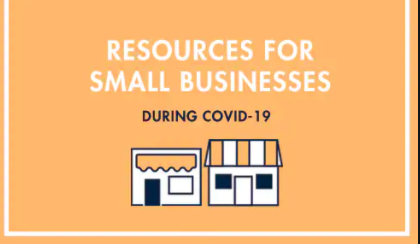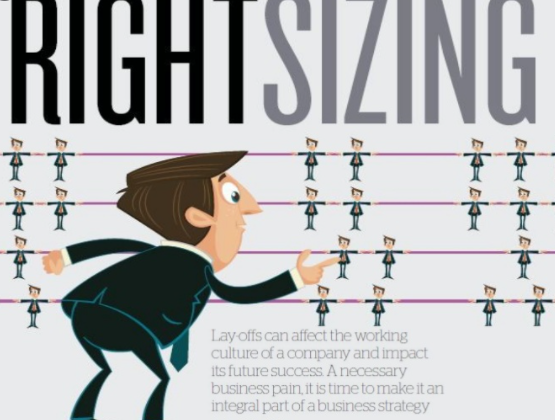Programs to Help Small Businesses During COVID 19

By James Pruitt, Senior Staff Writer
Government Programs:
Federal Programs:
The Small Business Administration (SBA) continues as the wellspring for small business. Indeed, the pandemic has rendered the SBA even more important to the small business community. The SBA has branches in every state. Also look for Small Business Development Centers (SBDCs).
Small Business Development Centers provide free counseling to local entrepreneurs. These centers generally receive funding partially through the SBA and are administrated by local colleges and universities. SBDCs are an important go-to resource for entrepreneurs, providing diverse training and consulting resources.
CARES Act:
The CARES Act, passed in March 2020, remains a source of relief for small businesses. This legislation provided for a variety of relief programs in the wake of the Pandemic.
FEMA:
The FEMA National Business Emergency Operations Center can help any businesses with urgent concerns about continuity or delivery of goods. This office is available 24/7. The latest administration has partnered with FEMA to provide expanded services. These services include. vaccine support and information about best practices. A quick look at this website could provide you a myriad survival tools. See fema.gov for more details.
Economic Injury Disaster Loan Program:
The Small Business Administration or SBA administers many programs, often in partnerships with other organizations. This program provides small loans up to $2 million. The amount of the loan must cover expenses due to the pandemic. These loans have extremely generous terms, with 30-year repayment Interest rates are 3.75% for businesses and 2.87% for nonprofits.
Express Bridge Loan Pilot Program:
Another SBA program streamlines paperwork for businesses with an SBA Express Lender. These lenders are generally banks and financial institutions. These institutions contract with the SBA to facilitate services on the SBA’s behalf.
SBA Government Contracting:
Many small businesses have contracts with the federal government. Contracts with the government in the past have not given much negotiating power to private-sector businesses. However, current circumstances have provided a degree of wiggle-room. The SBA’s Procurement Center Representatives are the go-to resource in this circumstance. The SBA website actually has a directory of procurement Center Representatives.
Useful Websites:
SBA Access to Capital:
All businesses need capital. This site provides numerous resources to keep your company running.
https://www.sbc.senate.gov/public/index.cfm/accesstocapital
Reimbursement of Medical Leave Costs for SMBs:
Inevitably, more employees have taken leave during the coronavirus pandemic. The IRS has tried to adjust. The following site provides guidelines for reimbursement of resulting tax expenses.
State Programs:
Most states have individual websites to connect entrepreneurs with additional local COVID small business resources. Many states have multiple such resources from several organizations. A google search can provide varieties of additional resources in each state.
Private Organizations:
SCORE is a private educational organization for small businesses. Their website, www.score.org provides access to the largest network of small business mentors.
US Chamber of Commerce has been working with the US and various governments to provide businesses with up-to-date information about the pandemic.
Where to Get Help:
The SBA provides innumerable resources for veteran owned small businesses. However, opportunities do not stop with the SBA. Local organizations, public and private, can prove amazing resources. In everyone’s interest is keeping your business alive during this unexpected crisis. The show must go on. Often, the trick lies in recognizing the public and private resources available. These resources are wide and varied. Keep an open mind, recognizing that better times come soon.
VAMBOA, the Veterans and Military Business Owners Association hopes that this article has been helpful. We work hard to bring you important, positive, helpful and timely information and are the “go to” online venue for Veteran and Military Business Owners. VAMBOA is a non-profit trade association. We do not charge members any dues or fees and members can also use our seal on their collateral and website. If you are not yet a member, you can register here: https://vamboa.org/member-registration/
We also invite you to check us out on social media too.
Facebook: https://www.facebook.com/vamboa
Twitter: https://twitter.com/VAMBOA











